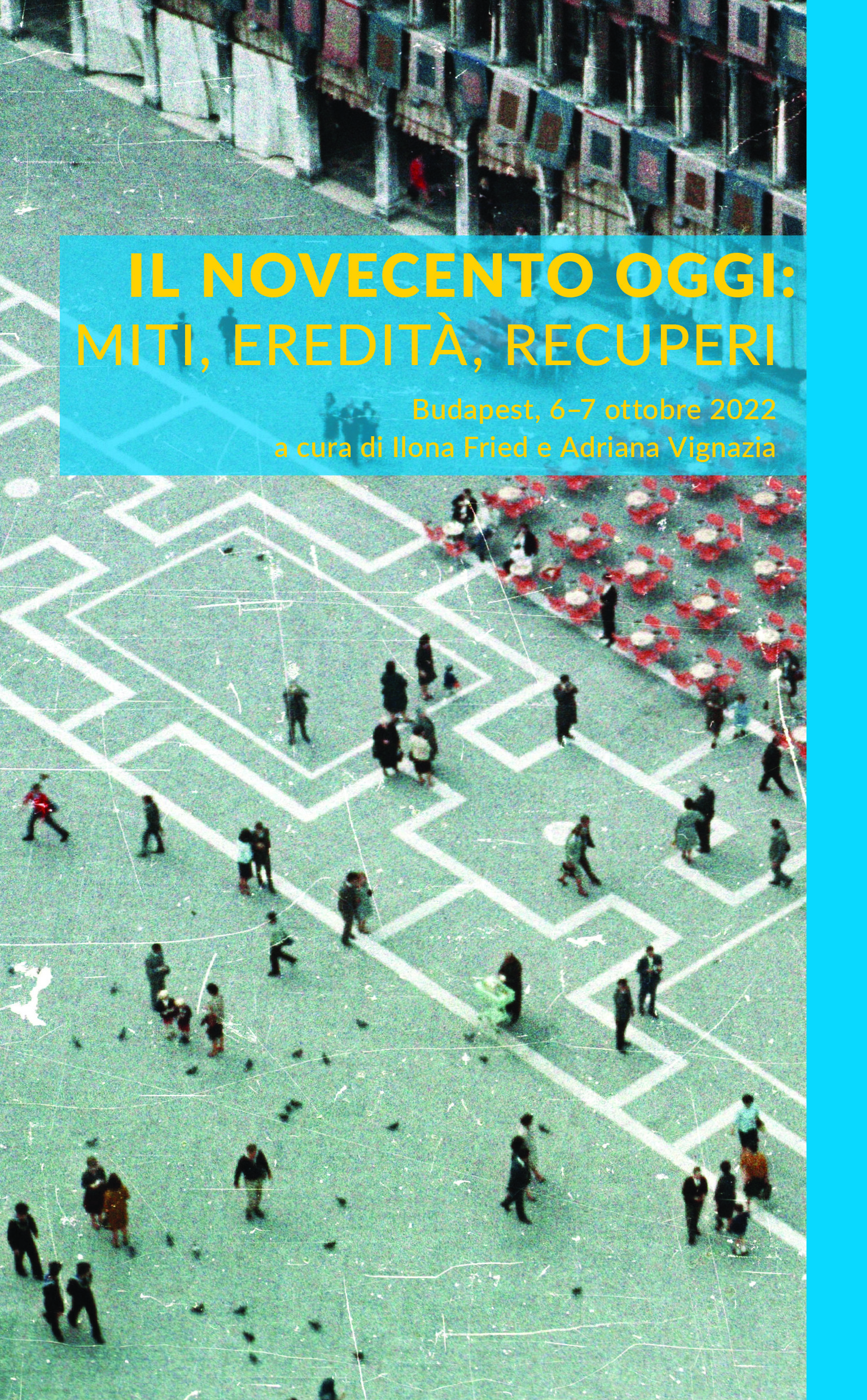La fine del Novecento teatrale tra storia e storiografia
DOI:
https://doi.org/10.58849/italog.2023.MANParole chiave:
Contemporary theatre, crisis of Avant-garde, theatre of the eighties, theatre language and langueAbstract
The first historiographical effort to build a history of 20th century theatre is to identify the chronological coordinates that circumscribe it. It is a problem that concerns more the historiographical approach to the subject than the search for a historical truth. The question of the beginning and the end of the century, in fact, mainly concerns the critical analysis and the point of view from which the phenomena are observed. The historiographical problem is not to establish a possible date to start or end the twentieth century, but to establish what meaning we attribute to these extremes. If for the beginning of the twentieth
century the critical debate has come to some conclusions more or less shared, the question of the end of the twentieth century is still open. The aim of the essay is to examine the subject through the analysis of some critical positions and some artistic experiences. Guccini, Schechner and De Marinis’ studies pose the problem of how stage practice and the idea of theatre were transformed in the eighties identifying at that time a break in the process of twentieth-century innovation. In many ways the same happens in artistic production as evidenced by Federico Tiezzi. It is not a process of regression but a new approach to language that starts from the principle of modern as classicism and from the idea that research on language is transformed into the practice of the spoken language of the contemporary.

